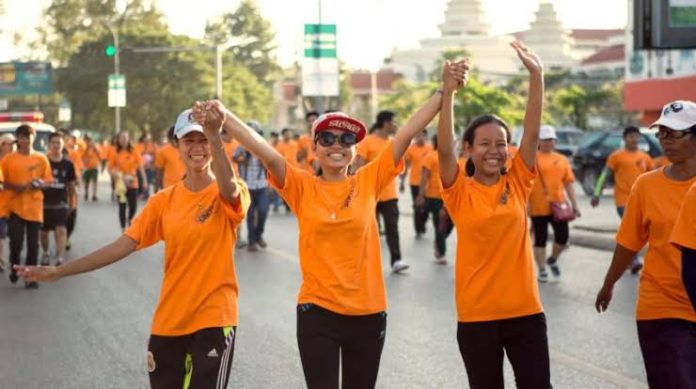According to recent data from the United Nations, women across the world are living longer than men. On average, women live up to 76 years, while men have a life expectancy of about 71 years. This means women live around five years longer than men.
The global average life expectancy, combining both men and women, is 73.5 years. But in Pakistan, the average is much lower — about 68 years for both genders. This shows that people in Pakistan, on average, live shorter lives compared to the global population.
Experts believe this pattern of women living longer than men is not new. It has been observed in many countries for years. There are several reasons for this. Health habits, access to medical care, lifestyle choices, and even biological differences play a role. For example, men are more likely to take risks, smoke, or drink alcohol, which can lead to health problems. On the other hand, women tend to visit doctors more often and take better care of their health.
Social and environmental factors also have an impact. In many places, men work in more dangerous jobs or face higher levels of stress, which can affect their health in the long run.
In Pakistan, the lower average life expectancy is linked to challenges in the healthcare system, poor nutrition, pollution, and limited awareness about health issues. Experts say improving public health services, spreading awareness, and encouraging healthier lifestyles can help increase life expectancy.


